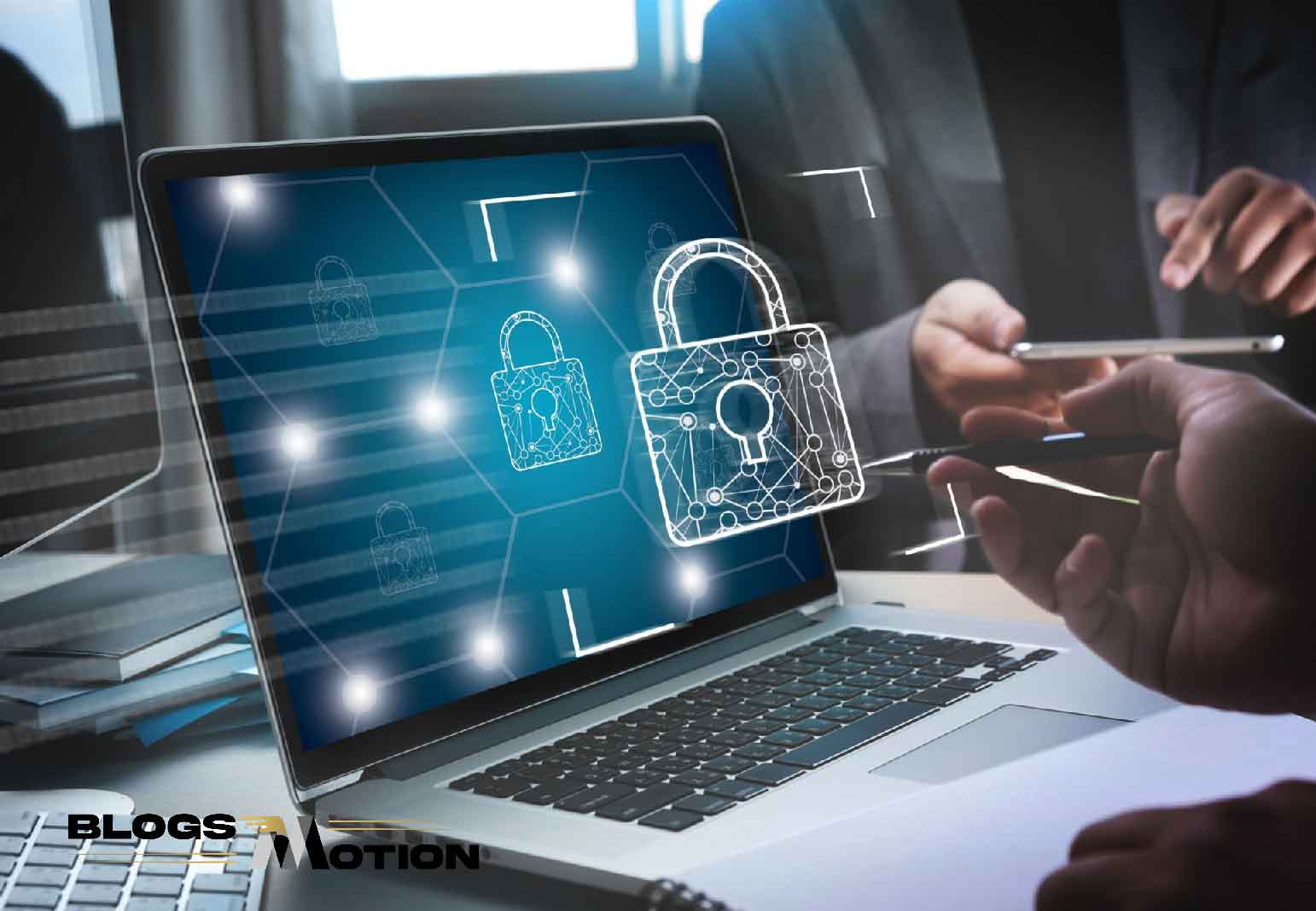
Cybersecurity Best Practices for Small Businesses
In today's digital landscape, the rise of technology has brought about numerous benefits for small businesses. From streamlined operations to enhanced customer engagement, technology plays a pivotal role in propelling businesses forward. However, with the increasing reliance on digital platforms comes the critical issue of cybersecurity. Small businesses, in particular, are vulnerable to cyber threats due to limited resources and expertise. In this article, we will delve into the essential cybersecurity best practices that small businesses should adopt to protect their sensitive data, maintain customer trust, and ensure long-term success.
1. Risk Assessment and Awareness: The first step towards effective cybersecurity is acknowledging potential risks. Small businesses should conduct a thorough risk assessment to identify vulnerabilities and potential threats. This process helps in understanding the specific cybersecurity challenges the business might face and allows for informed decision-making regarding security measures.
2. Employee Training: Human error remains one of the most significant cybersecurity risks. Educating employees about phishing scams, password hygiene, and safe online practices is crucial. Regular training sessions can help create a security-conscious workforce that understands the potential consequences of their actions and knows how to respond appropriately to suspicious activities.
3. Strong Password Policies: Implementing strong password policies is a fundamental yet often overlooked aspect of cybersecurity. Encourage employees to use complex passwords that include a mix of letters, numbers, and special characters. Enforce regular password changes and discourage password sharing.
4. Multi-Factor Authentication (MFA): Multi-factor authentication adds an extra layer of security by requiring users to provide multiple forms of verification before accessing accounts or systems. Implementing MFA can significantly reduce the risk of unauthorized access even if passwords are compromised.
5. Regular Software Updates: Outdated software and operating systems are prime targets for cyberattacks. Regularly update all software and applications to ensure you have the latest security patches, which can fix vulnerabilities that hackers might exploit.
6. Firewall and Antivirus Protection: Install and maintain robust firewall and antivirus software to defend against malware, viruses, and other malicious software. Regularly update these tools to keep up with emerging threats.
7. Data Encryption: Encrypting sensitive data ensures that even if it's intercepted, it remains unreadable and unusable to unauthorized parties. Use encryption for data both at rest (stored on devices or servers) and in transit (being transmitted over networks).
8. Secure Wi-Fi Networks: Use strong encryption (WPA3) for your Wi-Fi network and avoid using default passwords. Create a separate guest network for visitors to prevent unauthorized access to your primary business network.
9. Regular Backups: Regularly back up all critical business data to secure offsite locations. In case of a cyberattack or data breach, having up-to-date backups can be a lifesaver, allowing you to restore your systems without paying ransom or losing valuable information.
10. Incident Response Plan: Develop a comprehensive incident response plan that outlines steps to take in the event of a cybersecurity breach. This plan should cover communication strategies, containment procedures, and steps to minimize the damage and recover quickly.
11. Vendor Security Assessment: If your business relies on third-party vendors for software, services, or products, ensure that they adhere to robust cybersecurity practices. Perform security assessments of vendors to minimize potential risks introduced through their products or services.
12. Secure Payment Processing: If your business handles online payments, ensure that your payment processing systems meet industry security standards, such as PCI DSS (Payment Card Industry Data Security Standard), to protect customer payment information.
13. Remote Work Security: With the rise of remote work, small businesses need to implement cybersecurity measures for remote employees. Provide guidelines for secure access to company resources and encourage the use of virtual private networks (VPNs) when accessing sensitive information.
14. Regular Security Audits: Conduct regular cybersecurity audits to evaluate the effectiveness of your security measures. Identify weaknesses and areas for improvement through these assessments.
15. Establish Data Access Controls: Implement strict access controls, limiting employee access to only the data and systems necessary for their roles. This reduces the risk of insider threats and unauthorized data exposure.
16. Cloud Security Measures: If your business uses cloud services, ensure that your chosen cloud provider follows stringent security measures and encryption protocols. Encrypt data stored in the cloud and enforce strong access controls.
17. Incident Communication Plan: Prepare a communication plan to address customers, partners, and stakeholders in case of a data breach or cybersecurity incident. Transparency can help maintain trust even during challenging times.
18. Compliance with Regulations: Understand the relevant data protection regulations in your industry and location. Ensure that your cybersecurity practices align with these regulations to avoid legal consequences and penalties.
19. Secure Disposal of Devices: When replacing or disposing of old devices, ensure that all data is properly wiped and the devices are securely disposed of to prevent data leaks.
20. Continuous Monitoring and Improvement: Cybersecurity is an ongoing effort. Regularly monitor your systems, stay updated on emerging threats, and adjust your security measures accordingly.
In conclusion, cybersecurity is not a luxury but a necessity for small businesses in today's digital world. By implementing these best practices, small businesses can significantly reduce their vulnerability to cyber threats, safeguard sensitive data, and build a reputation for reliability and security. Remember, investing in cybersecurity today can save your business from potential devastating losses in the future.
© Blogs Motion | All Rights Reserved.
Flat 15% OFF ALL Orders Sitewide
Copy and paste this code
couponcode
